Social Media and Depression: A Complex Relationship
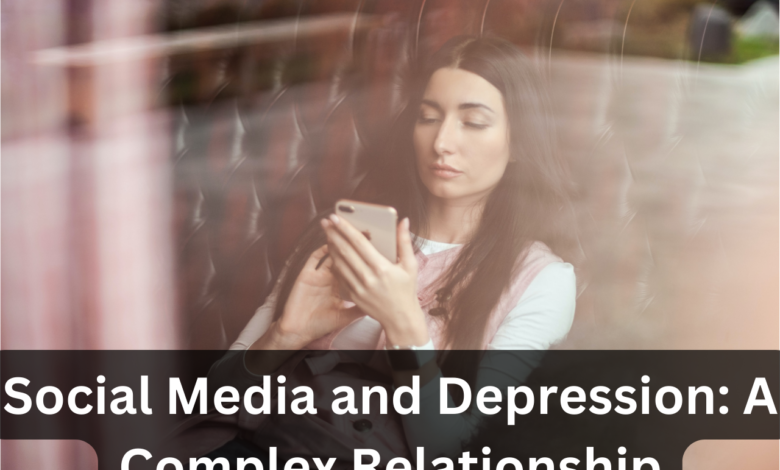
Social Media and Depression: A Complex Relationship
In recent years, social media has become a ubiquitous part of our daily lives, with billions of people using platforms such as Facebook, Instagram, Twitter, and TikTok to connect with others, share information, and entertain themselves. However, as the use of social media has increased, so too has a concern about its impact on mental health, particularly depression.
While some studies have suggested a link between social media use and depression, the relationship between the two is complex and not fully understood. In this article, we will explore this relationship in more detail, looking at the evidence for and against a link between social media and depression, as well as possible mechanisms underlying this link.
The Evidence for a Link Between Social Media and Depression
Several studies have found a positive correlation between social media use and depression. For example, a 2018 study published in the Journal of Social and Clinical Psychology found that increased social media use was associated with increased depression and feelings of loneliness. Social Media and Depression: A Complex Relationship Similarly, a 2019 study published in the Journal of Adolescent Health found that greater social media use was associated with increased symptoms of depression and anxiety among adolescents.
Possible explanations for this correlation include social comparison and FOMO (fear of missing out). Social media platforms allow individuals to compare themselves to others in terms of their appearance, accomplishments, and social status, which can lead to feelings of inadequacy or low self-esteem. Additionally, social media can create a sense of FOMO, where individuals feel anxious about missing out on events or experiences that others are posting about.
There is also some evidence to suggest a causal relationship between social media use and depression. For example, a 2019 study published in the Journal of Social and Clinical Psychology found that reducing social media use led to improvements in well-being and reduced feelings of depression and loneliness Social Media and Depression: A Complex Relationship.
The Evidence Against a Link Between Social Media and Depression
Despite the evidence suggesting a link between social media use and depression, some studies have found no significant association between the two. For example, a 2019 study published in the journal Social Media and Depression: A Complex Relationship Cyberpsychology, Behavior, and Social Networking found that there was no significant relationship between social media use and depression among young adults. Similarly, a 2020 study published in the Journal of Computer-Mediated Communication found no evidence of a direct causal relationship between social media use and depression.
Possible explanations for this lack of correlation include individual differences in social media use and the possibility Social Media and Depression: A Complex Relationship of reverse causality. Individuals who are already experiencing symptoms of depression may be more likely to use social media as a form of coping or distraction, rather than social media causing their symptoms of depression.
Possible Mechanisms Underlying the Link Between Social Media and Depression
While the exact mechanisms through which social media use could lead to depression are not fully understood, there are several possible explanations. For example, social media use could disrupt sleep patterns, which could in turn lead to feelings of depression. Social Media and Depression: A Complex Relationship Additionally, increased exposure to negative content on social media, such as cyberbullying or graphic images, could lead to increased feelings of sadness or low self-esteem.
Another potential mechanism is decreased social support. While social media can provide a sense of connection to others, it may not provide the same level of social support as face-to-face interactions. This lack of social support could lead to feelings of isolation and depression Social Media and Depression: A Complex Relationship.
Conclusion
In the Conclusion, to use social media healthily, it is important to be mindful of how it affects your mood and mental health. This may involve limiting your social media use, being selective about the content you consume, and seeking out face-to-face social interactions when possible. Additionally, it is important to prioritize self-care practices, such as exercise, mindfulness, and sleep, to support your mental health and well-being.
Overall, while social media can be a powerful tool for connection and communication, it is important to use it in a balanced and mindful way to avoid negative impacts on mental health.
Frequently Asked Questions
- Does social media cause depression?
The relationship between social media use and depression is complex and not fully understood. While some studies have found a positive correlation between the two, others have found no significant association. It is likely that individual factors, such as how people use social media and their pre-existing mental health, play a role in this relationship Social Media and Depression: A Complex Relationship.
2. Can social media exacerbate depression?
It is possible that social media use could exacerbate depression in some individuals. For example, exposure to negative content or social comparison could lead to increased feelings of sadness or low self-esteem Social Media and Depression: A Complex Relationship.
3. How can I healthily use social media?
To use social media healthily, it is important to be mindful of how it affects your mood and mental health. This may involve limiting your use, avoiding comparisons with others, and seeking social support from people in your offline life Social Media and Depression: A Complex Relationship.
4. Should mental health professionals advise their clients to limit social media use?
Mental health professionals may advise their clients to limit social media use if they believe it is negatively impacting their mental health. However, it is important to recognize that social media can also have positive effects on mental health, such as providing social support and reducing feelings of loneliness. Any advice given should be tailored to the individual’s needs and circumstances Social Media and Depression: A Complex Relationship.
5. Is social media use more harmful for young people?
There is some evidence to suggest that social media use may be more harmful to young people, as they may be more susceptible to social comparison and may be at a stage in life where they are still developing their sense of self. However, more research is needed to fully understand the impact of social media use on different age groups Social Media and Depression: A Complex Relationship.




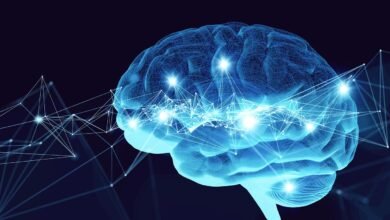
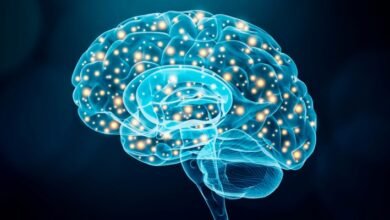



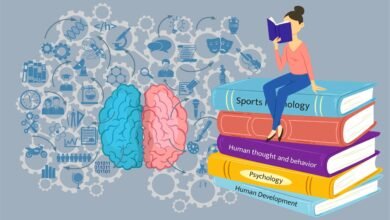
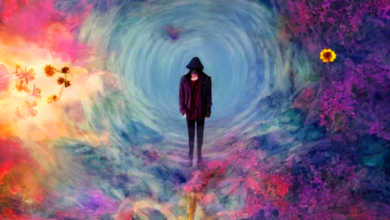
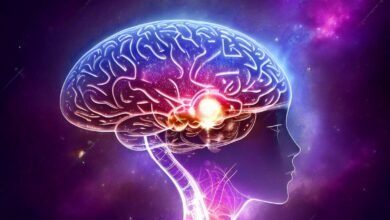
One Comment